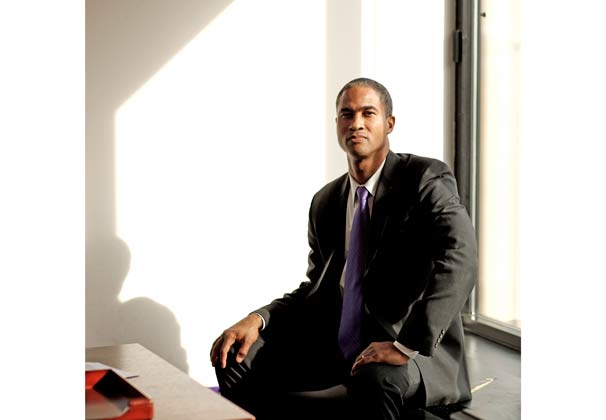
Since the release of his book “Turnaround: Third World Lessons for First World Growth,” Peter Blair Henry, the dean of the Stern School of Business, has been featured on MSNBC, HuffPost Live, Bloomberg Television and in The Washington Post.
In his book, Henry emphasizes the idea that the United States should look to developing countries for novel economic strategies. Countries like China were in poverty 30 years ago and, in recent decades, developing countries have been doing well compared to First World nations.
“There is no question that Henry makes valid points and bases many of them on observations that were not generally recognized before,” said William Baumol, an entrepreneurship professor at Stern. “In particular, the economic progress in a number of small economies and the idea that the economic giants can learn from their policies and performance is an important and novel insight.”
Henry said that he aimed to demonstrate how the United States could learn from the economic strategies of emerging economies.
“I wanted to sidestep bias and ideology and use objective economic analysis to discover what policies created growth in emerging markets and how we could benefit from their examples,” said Henry. “I also wanted to call attention to the two-way learning, and the future prosperity for all nations, that becomes possible when we have the humility to look for solutions beyond our shores.”
A review in The Washington Post said Henry can sound both conservative and liberal in his explanation of U.S. economics.
“Much of the book should please Republicans. Henry advocates reducing the federal deficit and reducing the ‘uncertainty’ that many business leaders and GOP lawmakers say is restraining growth … But at times, [he] can sound more liberal,” Jim Tankersley said in the review.
Henry said in an MSNBC interview that today the United States is paying a price for running deficits during the 2000s even as the economy expanded.
He used Chile as an example of a country with a good economic strategy. During Chile’s booming years, the government did not increase deficit spending but instead conserved spending when the Chilean economy shrank or depressed.
LSP freshman Julie Pan said that although Henry makes key points in “Turnaround” and in his recent interviews, his theory is difficult to apply to the United States.
“I think his idea is sound in theory but hard to achieve in reality considering the complex yet fickle nature of the U.S. political system, which is different from that of any Third World country’s political system,” Pan said.
Neela Qadir is a deputy university editor. Email her at [email protected].

























































































































































